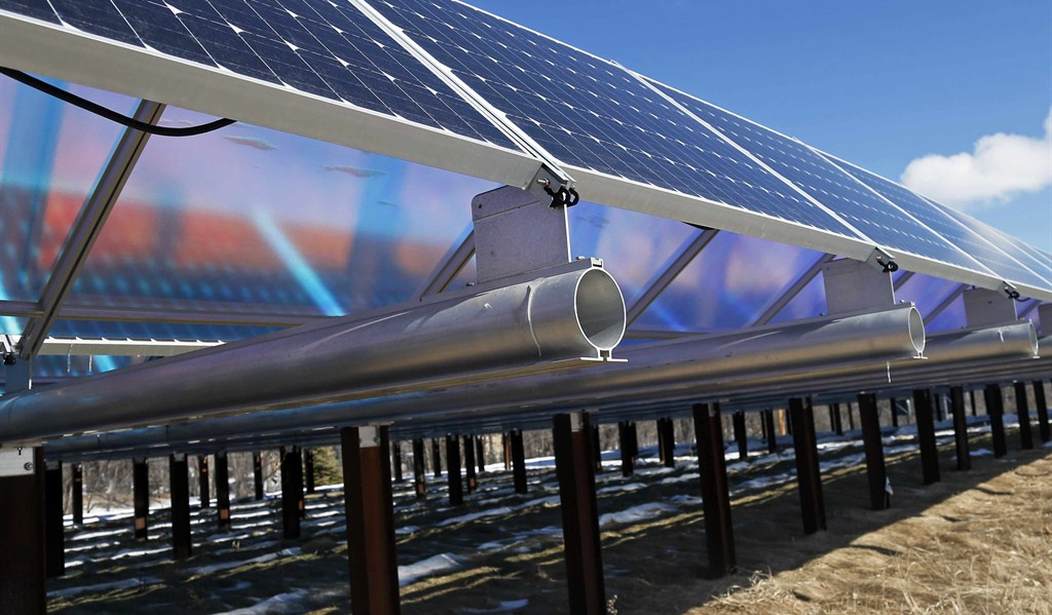Abundant, affordable, reliable energy, combined with economic freedom and limited, responsive government according to the rule of law, are indispensable to overcoming poverty. No society has risen out of poverty or can long stay out of it without both.
That is why, like the over 300 scientists, policy experts, religious leaders, and others who have signed “An Open Letter on Climate Change to the People, their Local Representatives, the State Legislatures and Governors, the Congress, and the President of the United States of America,” I oppose policies to prevent or reduce global warming allegedly caused by human emissions of carbon dioxide.
Real-world, observational evidence contradicts model-driven predictions of dangerous manmade global warming. Computer climate models, on average, simulate twice the warming observed over the relevant period; over 95 percent simulate more warming than observed, implying that their errors are not random but driven by bias; and none simulated the absence of warming over the last 18 years and 7 months. In contrast to the invalidated climate models, observational evidence—the essence of real science—strongly supports the conclusion that human carbon dioxide emissions contribute very little if anything to global warming, so reducing emissions, at a cost of trillions of dollars worldwide that could otherwise be spent to solve real and much more urgent problems, would have little or no effect on global warming.
But shifting from abundant, reliable, affordable fossil fuels to diffuse, intermittent, expensive wind and solar drives up energy costs, harming everyone, especially the poor. Applied in developed nations, policies requiring such a shift will slow, stop, or reverse economic growth, destroy millions of jobs, and make all goods and services more expensive, again harming the poor more than anyone else. Applied in developing nations, they will condemn the world’s poorest to ongoing generations of abject poverty and the high rates of disease and premature death that it produces.
Recommended
Applying such policies through a global agreement limiting carbon dioxide emissions, as President Obama, United Nations officials, and some other world leaders hope to do at the climate summit in Paris in December, would require a massive, global bureaucracy unaccountable to the people whose lives it would rule. That would undermine economic freedom, limited government, and the rule of law, and threaten the sovereignty and independence of every nation.
People with economic freedom and even moderate wealth can thrive in any climate, from the Arctic to the Sahara. Slaves and the poor cannot thrive anywhere.
Thus, as expressed in a “Petition: For the Sake of the Poor, Don’t Fight Global Warming,” our leaders should oppose policies to limit carbon dioxide emissions, whether at sub-national levels (like statewide Renewable Energy Portfolios), national levels (like the U.S. federal Environmental Protection Agency’s proposed “Clean Power Plan”), or global levels, including any treaty or agreement binding nations around the world.

























Join the conversation as a VIP Member